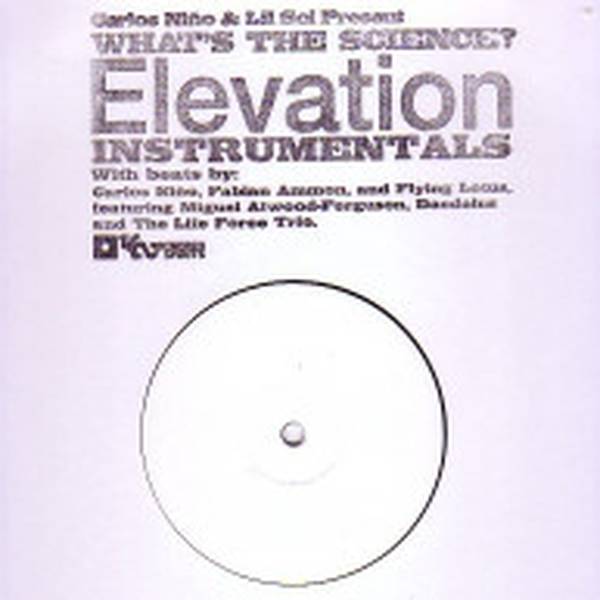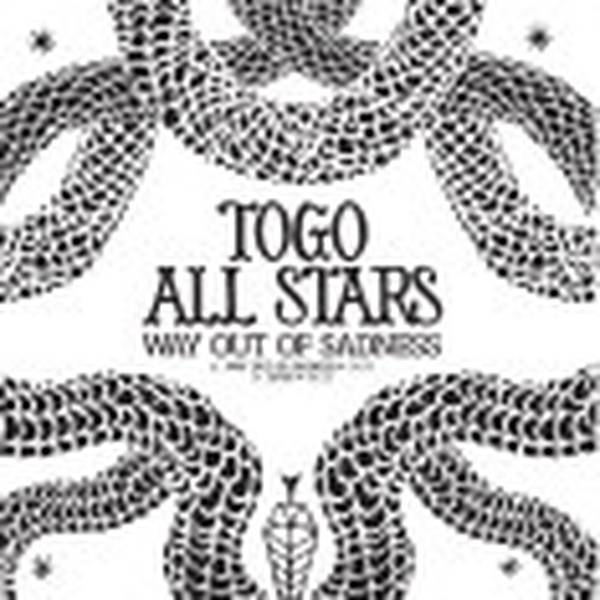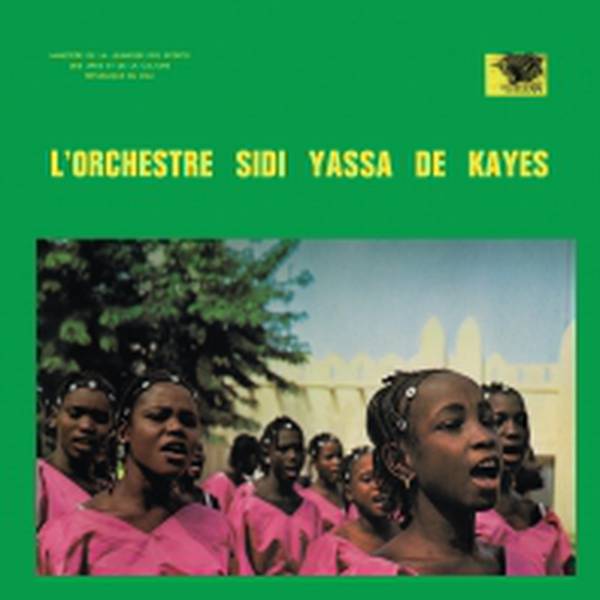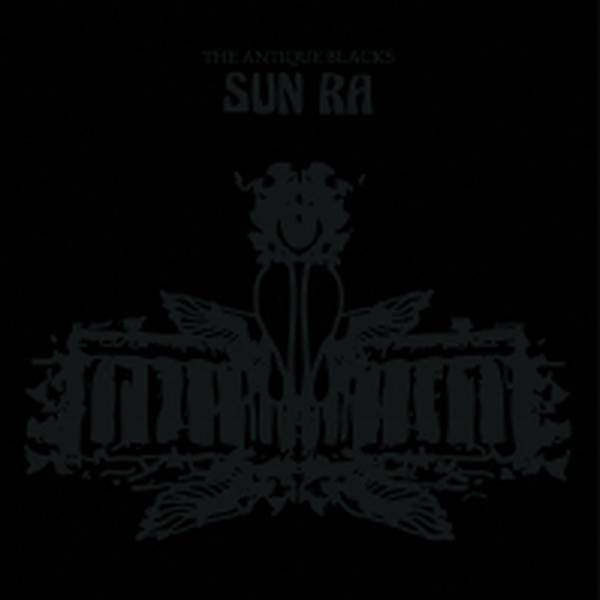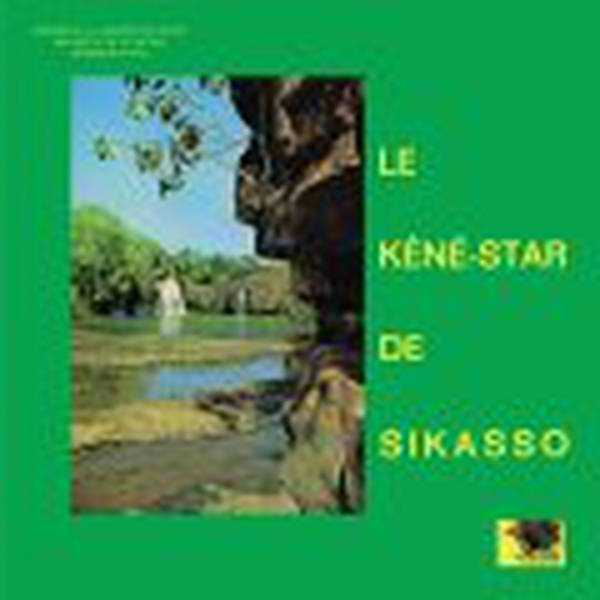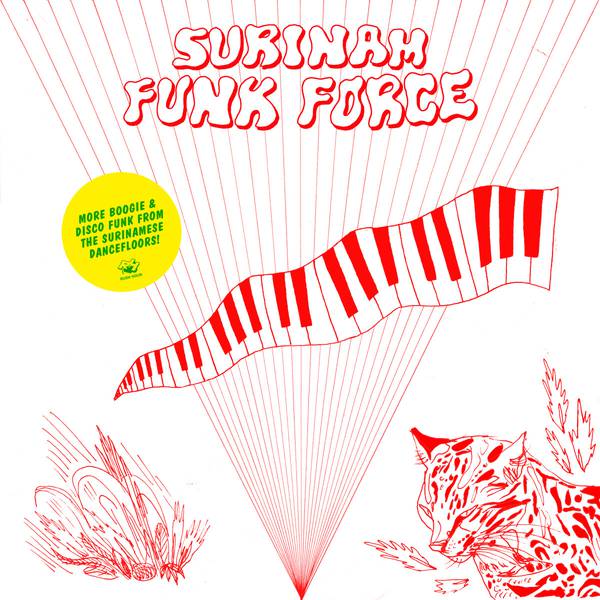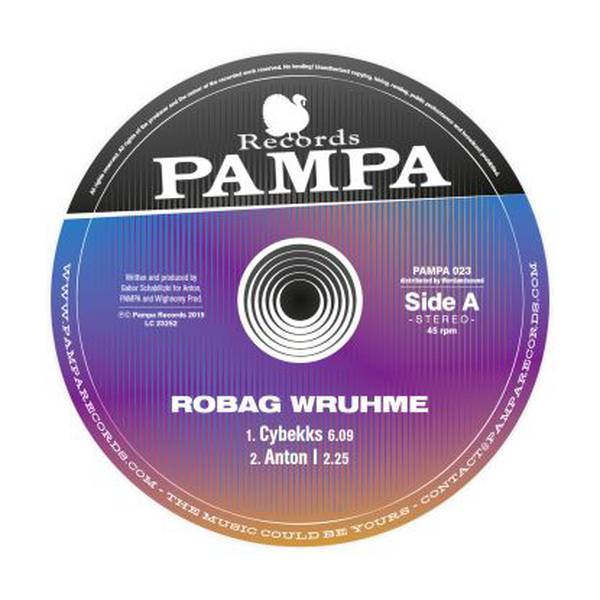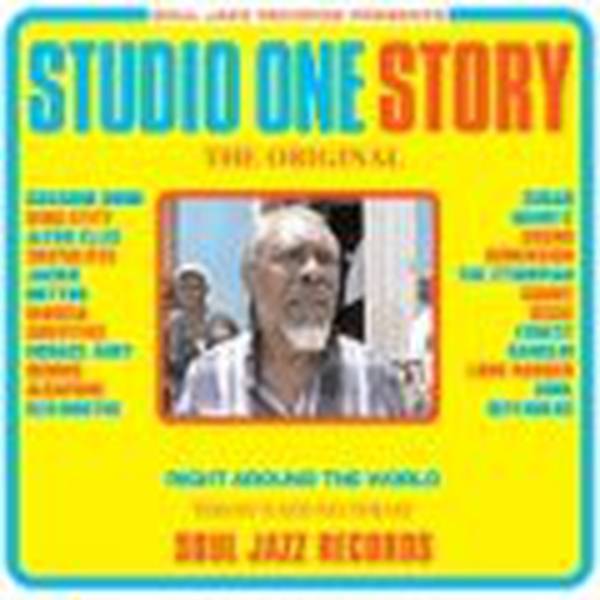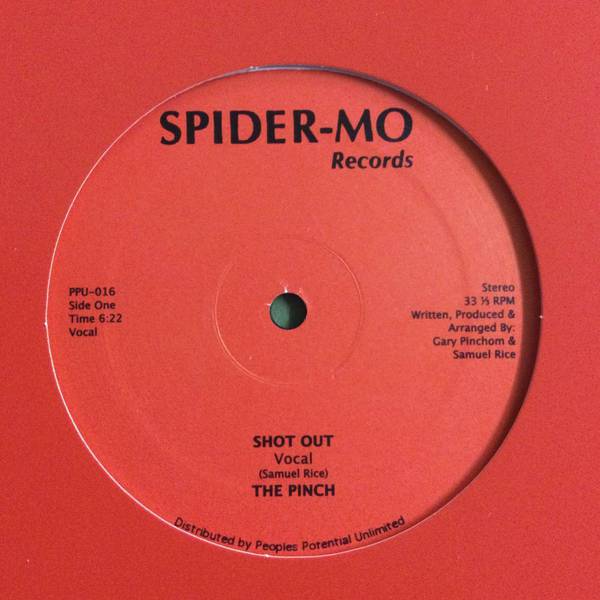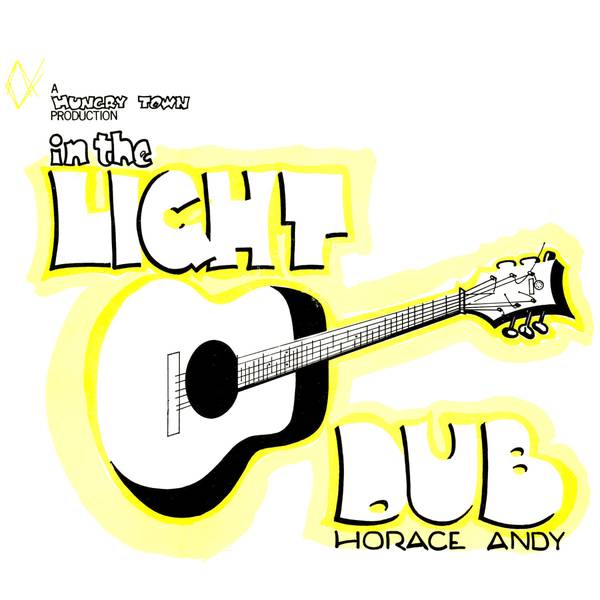
Tax included, Shipping not included
A beautiful reissue of this wonderful album by Amadou Balake. Original artwork and remastered tracks. Tip! It’s limited to 500 copies, 180gram, oldskool cardboard tip-on sleeve
Hailing from remote Burkina Faso, Amadou Ballaké stands as one of Africa’s most mesmerizing voices. He has achieved an amazing musical heritage with many albums and singles released along his long career, which started in the early 1960’s.
In 1978, four years after the first recorded single version of Bar Konon Mousso, Ballaké covered that song once again, in a harder funk mode. Named Super Bar Konon Mousso, it was an updated version of the song which made him famous in his home country. This song is a masterful ode to the penniless musicians and the night ladies from African nights. It’s faster than the more atmospheric original version and it fitted perfectly to the more urbane moods of that era.
Tondibama is a traditional warba song with cheerful horns arrangements and some light backing vocals. A percussionist in his own right, Ballaké let loose and displayed some effortless vocal acrobatics. Nabacouboury is another warba number that Ballaké sung many times over in his long career. Dounignamou circles on and on as if one was to assist a village dance. The trumpet plays the role of lead vocal at the end of the song while the rhythm section cooks up a sturdy instrumental background.
With some hint of machismo, Aminata, du thé! is one of the most powerful funk numbers to come from 1970’s Africa. A true dynamite song, it leaves no doubt as to where his influences come from. Deep and hypnotic, from his moans and groans introducing the song, Ballaké stood here at his most James Brown-like, an inspiration with whom he was to have a NYC airport encounter in the 1980s. It’s all about sweat, power and sincerity. Ballaké ya Mariama displays Ballaké’s most romantic sides. With obvious afro-latin influences Ballaké sings about the grace of women and the way they move their hips while walking. A true salsero in his own right, Ballaké learnt his afro-cubanisms all across West Africa. It comes as no surprise that he later emerged as a world-class salsero, as one of the main voices within Africando.
Moving and working between Abidjan, Paris and New York between the late 1970s and early 1980s, Ballaké produced this classic album before moving back to Ouagadougou in the late 1980s, where he still performs on a weekly basis to this day.
Tracklist
Track 1
Track 2
Track 3
Track 4
Track 5
Track 6
